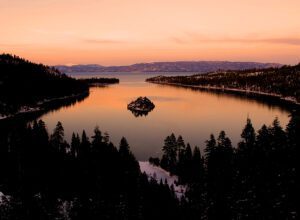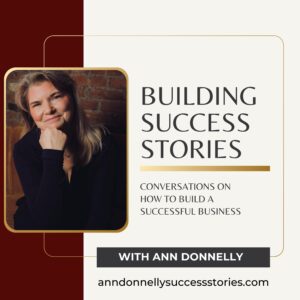Those that live in popular tourist destinations often complain about the effects of tourism on their day-to-day lives: traffic jams, booked-up restaurants, higher prices, etc., but most people realize the benefit these tourists bring overall. While tourism destinations and others in the industry are starting to enjoy freedom from strict pandemic-era restrictions, what other restrictions are ahead? There are regular news stories about local governments banning new AirBnB-type short-term rentals and other restrictions to protect the environment or local economy, but when a popular travel guide puts your destination on the “No List,” what do you do?
Since 2017 respected travel guide Fodor’s has published its “No List” side by side with its “Go List.”
This year’s No List does not serve as a boycott, ban, or cancelation of any sort; but a call to travelers to consider wisely the choices we make. We can have a positive impact on this world we love so dearly.
Fodor’s No List 2023
But, will the readers take in all the various considerations when selecting a destination or just avoid those on the No List?
For this year’s No List, we’re highlighting destinations to reconsider visiting in 2023 in three main categories: natural attractions that could use a break in order to heal and rejuvenate; cultural hotspots that are plagued with overcrowding and resource depletion; and locations around the world immediately and dramatically impacted by water crises.

While travelers may be pleased for guidance to travel more responsibly, those that depend on the tourist economy in those destinations have a good reason for concern. When Lake Tahoe was placed on Fodor’s No List 2023, some local organizations were thankful:
It is difficult to take our city’s talk about leadership on the problem of long-term climate change seriously when we simultaneously encourage visitor traffic that results in jams that can stretch into Sacramento.
Scott Robbins, a spokesman for the Tahoe Neighborhood Group and 2022 South Lake Tahoe City Council candidate told Fodor’s
While Andy Chapman, President and CEO of Travel North Tahoe Nevada, came back with a more balanced approach:
We’re feeling the increase of population around us. We all need to give nature a break, but we don’t want to tell people not to come to Tahoe. We want to educate people how to respect Tahoe.
We need to adjust the way we interact with nature to fix the problem and North Lake Tahoe is working with the Center for Responsible Travel as well as finding creative solutions to take cars off the road. Biking the rim trail is always a good option, but there’s now a free shuttle program for North Lake Tahoe that connects many tourist resorts to shopping and restaurants in town.
According to the Tahoe Daily Tribune, South Lake Tahoe Mayor Devin Middlebrook pushed back on the designation during the council’s Tuesday Nov. 15 meeting:
I do take issue with the Fodor’s list. I think they left out a lot of the things we are doing. They didn’t talk about us working to expand Clean Tahoe, they didn’t talk about all of our new really cool solar composting trash cans, they didn’t talk about our ranger programs, they didn’t talk about our Take Care Program, Lake Link. They just talked about all the challenges and bad things but they didn’t mention any of the myriad of programs that our team has done to address the things that are in the article.
Tahoe Daily Tribune
Once your destination hits the No List or gets a large volume of bad reviews on a website like TripAdvisor, it becomes a matter of damage control, but once posted on the internet, these more negative comments are there for the long term, even after conditions have changed.
Regions need to be forward-thinking and open about the steps taken to maintain the sustainability of tourism before it gets to a critical point. A joined-up effort is needed with businesses, community groups, governments, and key individuals working together to foresee problems and then find and implement the necessary solutions.
You’ve experienced the effect of a global pandemic, but have you learned from these challenges? Use the skills and techniques developed and alliances built during the pandemic to work together to fight off other potential threats and ensure the ongoing sustainability of your region — and get on the “Go List” not the “No List.”


